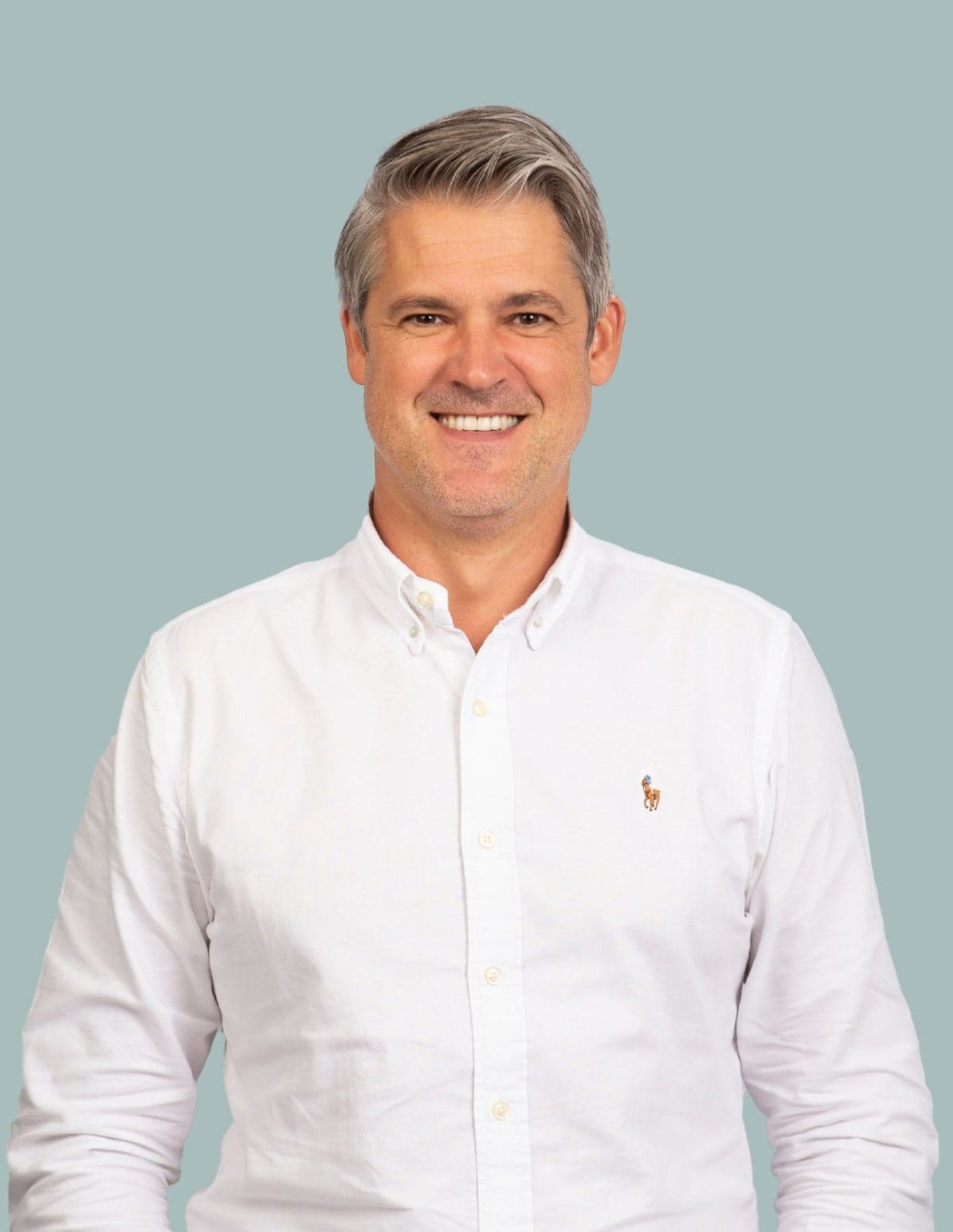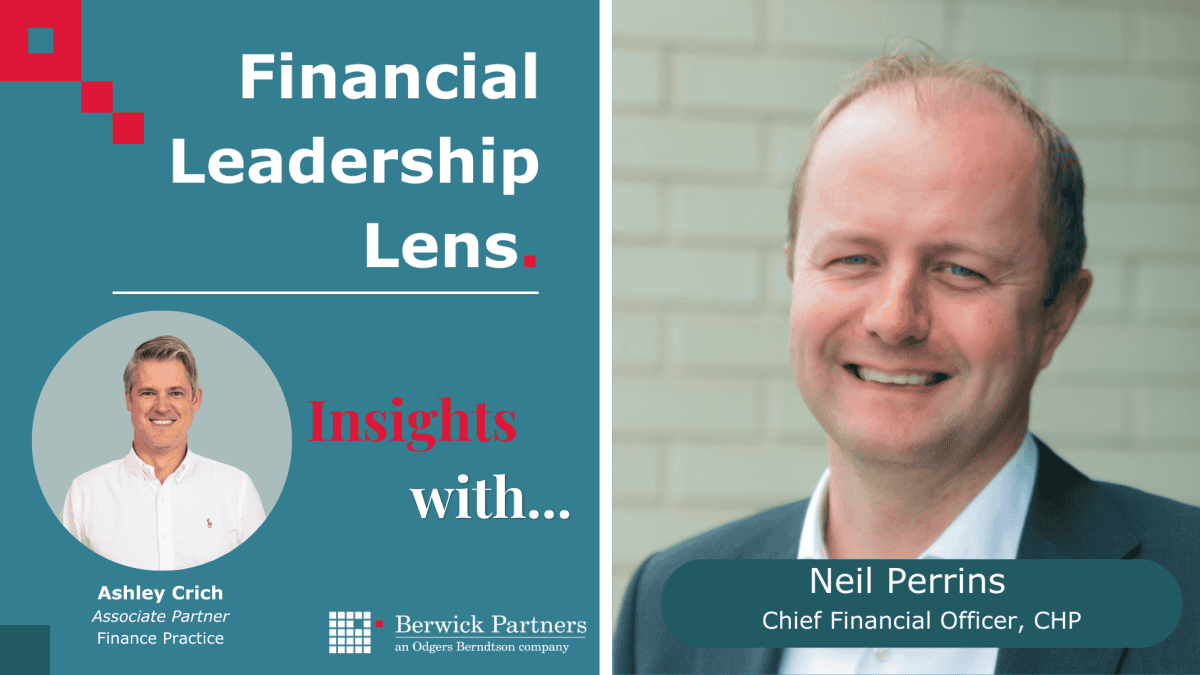Five minutes with…Nicko Williamson, CEO of WeFlex
Entrepreneur Nicko Williamson wrote the plan for his first business whilst he was still at University. He later sold the business to a market leader. He’s been featured by the BBC as a young entrepreneur and passionately supports those starting out in the business world. He founded and is now the CEO of WeFlex, his latest business venture that supplies vehicles to drivers using the ride hailing platforms such as Uber, Ola and Kapten.
In the latest edition of our ‘Five minutes with…’series, Ashley Crich, a principal consultant in our Finance practice talks to Nicko about the immediate impact of the COVID-19 outbreak on his business.
Nicko, the extraordinary circumstances and severe challenges that we are all currently facing are having an enormous impact on everyone, everywhere. Can you explain some of the immediate impacts on your business since the COVID-19 outbreak in the UK?
We are a key supplier to the ride hailing market which went into rapid decline when COVID-19 hit before stabilising at a vastly lower level. Our customers use Uber and other such platforms to generate their income and the demand for these services has substantially reduced due to the lockdown. This has resulted in a huge increase in the proportion of our customer base who are unable to make payment for their vehicles.
Secondly, as a business we were in a ‘growth phase’, which we had prepared for and was going well; we now have zero demand for a new product.
Thirdly, churn – a high proportion of our ‘short-term agreements’ have terminated their contracts with near immediate effect, resulting in the return of vehicles and our requirement to store large numbers of vehicles.
What immediate changes did you make to protect your business and ensure survival?
We immediately cut anything we could; marketing spends, discretionary items, anything that we deemed as non-essential for trading. We aimed to take advantage of the government’s schemes including furloughing the side of the business that supported new business activity.
We focused on protection of the business via cash preservation.
What counsel did you seek from your executive committee and non-execs to help shape your decisions?
We have an excellent chairman, Peter Minter, the former CEO of Moneybarn – Peter has been hugely helpful, his depth of experience brings a calm assuredness to critical decision making.
Also, most of our shareholders are very experienced private equity professionals; as soon as it started to blow-up, I sought their counsel and found they supported our approach which was very reassuring.
The tone from everyone was clear though, ‘preserve cash with whatever method you can; who knows how long the impact of the pandemic will last at this early stage’.
Given the benefit of hindsight, would you have done anything differently?
We acted very quickly, we didn’t hesitate at all, we were on the verge of redundancies, but the furlough scheme has prevented that need, which is fantastic. Losing good people was the last thing that we wanted to happen.
We are a little disappointed to be holding the stock that we are but being mid ‘growth-phase’ we needed the stock to facilitate growth. Had we had even an inkling this was going to be this bad we’d have held back on that stock. However, in terms of our actions in response to the events we’ve seen unfold, I think we’ve made good decisions so far.
What are your thoughts on the support provided by the government? Has it been enough / relevant for your business?
I think the government is trying to provide the best support it can. The key for us will be getting one of the coronavirus business interruption loans, our CFO is leading on that at the moment via our bank, the bank is being receptive, but we are still in the process of providing them with the assurances they need.
We are a new business with very strong early growth, but without a long history of profitability as yet, passing the bank’s criteria as an early stage growth business will be a challenge. There is another scheme called the Future Fund which is due to be launched in May and is aimed at earlier stage businesses which looks promising.
Do you agree that ’business will look different’ and ’there will be a new normal’ when we return to work trading, and what do you think the new normal will look like for you?
For us, it will be about getting as close to the normal we had before as possible; we are a ‘hands-on’ operational business and we don’t employ huge numbers, but some of our staff need to be at our premises as we deal with providing physical assets (vehicles) to customers. We have proven though that many of the team can effectively work from home so I do see that we will have to continue with some people working from home for some time, as we clearly aren’t bouncing back to normality any time soon.
What short-term opportunities do you see in the market for your business when things return to normal?
A ‘post lockdown bounce’ probably won’t happen immediately for us, our customers are mainly delivering people from point-to-point and rely on a good base level of volume; we’ve modelled a scenario that doesn’t see a normality return for us until the late autumn with another growth phase now planned for 2021. There is an opportunity for the delivery side of the market to grow and this may see some further opportunity for WeFlex to grow our customer offering there.
If you could offer any peace of mind or advice to your peers (CEOs in similarly scaled businesses) on how to deal with this situation and prepare for the future; what would it be?
I suspect I’m not going to say anything new here, but cash; managing the cashflow, understanding all the businesses costs and where you can squeeze to help you get through this.
Take advantage of any of the support the government is providing and plan for the future, be in the best position you can when you come out of the other side of the pandemic.
For more information, please contact Ashely Crich, principal consultant in our Finance practice.






